2010 GMT
London
Wednesday
03 February 2010
follow me on Twitter
London
Wednesday
03 February 2010
Muhammad Haque has in the past 15 minutes told the London daily Independent’s website [that is run via Microsoft’s LIVEJOURNAL for comments] the following:
Twitter, to End POVERTY
"As with most things passaged through a stooged HOUSE OF COMMONS, during the Blaired years, the measure approving of so much powers being given to the occupant in the post of mayor in the name of the people of London has been a major contributory factor to the lack of accountability by transport for London. It is time that this really disastrous outfit were scrutinised. And fast. If it is held to account then £billions of public money will be saved and a significant quality difference – too long overdue - will at last begin to appear in the standard of transport 'service' in London. It is widely agreed that ppp is a disaster. But ppp is not all the transport problems in London, not even over the underground issues. Let us have all the facts on all aspects of the mess that is London transport. How about starting that scrutiny and accountability process by looking at the real conduct of transport for London?"London's Tube deal can't close the gap
With yet another row erupting over the Underground upgrade programme, the fractious PPP deal looks as much part of the problem as ever
Another week, another domestic in the "arranged marriage" between London Underground and Tube Lines, its public private partnership (PPP) bedfellow. The latest spat is over the upgrade to the Northern Line. But it is just the latest in the flurry of accusation, counter-accusation, denial, review and arbitration that characterises an arrangement fraught with financial and political dispute.
When Richard Parry, the London Underground (LU) chief executive, and Dean Finch, his opposite number at Tube Lines, faced the London Assembly's transport committee yesterday, there was almost no point of agreement. Even the third member of the panel – Chris Bolt, the independent arbiter tasked with setting the value of Tube Lines' second seven-year tranche of work, due to start in July – was unable to bridge the gaps.
It has been a troubled set-up since the start. Within five years of the PPP's creation in 2003, Metronet, the other private contractor, collapsed, costing taxpayers £2bn. The work was passed back to the public sector, in the shape of LU, leaving London's Tube network as neither one thing nor the other.
LU is now Tube Lines' customer for the delivery of upgrade and maintenance contracts on the Northern, Piccadilly and Jubilee Lines. But it is also its comparator – a situation that appears to work for no one but the lawyers. Against the background of long-standing political opposition from Transport for London, LU's parent organisation, the Tube Lines chairman David Begg recently described the PPP as "an arranged marriage where one partner does not want to be in it".
The situation is not improving. The first seven-year phase of the PPP is coming to a close, with considerable rancour over delays to the Jubilee Line upgrade it included. The second tranche, which covers substantial upgrades to the Northern and Piccadilly Lines, starts in June. But the two parties have been unable to agree a price.
Mr Bolt published his draft determination before Christmas, setting an initial value of £4.4bn on the work – some £400m more than LU's submission but a whopping £1.4bn below Tube Lines' assessment. Both parties' responses were delivered to Mr Bolt on Monday and he will publish a final decision on 4 March.
London's mayor, Boris Johnson, has also waded into the debate. Yesterday he urged the Government to pressure Tube Lines shareholders Bechtel and Amey to forego the £1.1bn he claims they are to receive in secondment fees. "You have an obligation to intervene immediately, either by funding the shortfall from government resources, or by persuading Tube Lines shareholders to give up their extraordinary returns in the light of their abject failings," he wrote to the Transport Secretary, Andrew Adonis.
In the meantime, the dispute over the planned closures which Tube Lines will impose to upgrade the Northern Line is emblematic of the confusion that dogs the PPP. Tube Lines originally said it would need 40 full weekends and 12 months of evening closures. Now it says it needs much more. So far, some 65 weekends have been put forward for approval, but Tube Lines estimates it will actually need 82 weekends and 16 months of evenings.
LU is drawing up the battle lines. "We are very concerned at the extent of the closure programme and we think it is unnecessarily disruptive," LU chief executive Richard Parry told the committee. But Tube Lines says it has already made huge concessions. Its chief executive, Dean Finch, said: "If we took the same methodology as on the Jubilee Line we would need 140 weekend closures."
The issue has been batted back and forth since June. And with no settlement in sight, the Northern Line improvements look set to be delayed before they have even begun. "I'm concerned that the extent of this programme of closures is more than is needed," Mr Parry said. "We are very concerned at this approach being taken and are not confident that the Northern Line will not overrun."
Tube Lines is already in the doghouse over delays on the Jubilee Line upgrade. Mr Finch said yesterday that the new signalling system will be used for passenger trains at weekends by the end of May and should be fully in service by the end of October, possibly even earlier. But it was due to be completed at the end of 2009 and Tube Lines will pay out £14-15m in penalties.
Even with such hefty fines at stake, Mr Finch is not willing to guarantee that the Northern Line upgrade will hit its January 2012 target, blaming LU for the uncertainty. "It is chicken and egg," he said. "If we can drive our signalling contractor to a more efficient methodology, we may be able to get to the 2012 date. But I can't say, because we don't know what access we need and that will depend on LU."
The difficulty in pinning down the plans for the Northern Line is nothing compared with the arbiter's task in setting the value of the overall contract. And there is a great deal still to play for.
Mr Bolt's draft determination in December rejected Tube Lines' claims that it deserved more money because of LU being a difficult client, explicitly leaving the company to make claims on a case-by-case basis. LU believes it scored a victory last week when a £327m compensation claim from Tube Lines was thrown out by the adjudicator. But, as with everything in the tangled world of the Tube, it may not be so simple.
The decision may even play out in Tube Lines' favour. Mr Finch says that the company lost the case simply because it waited too long after the event before making the claim. And Mr Bolt says he will now need to decide whether to build such losses into his final determination. "Had Tube Lines got a better outcome from the adjudication, then the issue of my adding in costs for the time and effort of dealing with LU wouldn't have arisen," he said yesterday. "But I will look at that again and if I am persuaded that costs arising from the behaviour of LU are not recovered in other ways I will have something in there."
Meanwhile, even the value of claims in the first seven-year tranche is the subject of dispute. Tube Lines says it has submitted £200m in claims over that period, and had £140m – or about 70 per cent – back. But LU rejects the figures, contending a success rate of 40 per cent. The arbiter says the figure is at least £100m, and could well be more. To further complicate matters, neither side can specify what proportion of those claims are for work that falls outside the scope of the original brief, and which result from the difficulties of LU as a client.
And that's not all. There is a second major disagreement, which concerns the cost of LU's upgrade of the Victoria Line – also central to projections for Tube Lines' work. More independent experts have been drafted in to resolve the discrepancy between the costs submitted by LU to the arbiter, and subsequent data provided under the Freedom of Information Act. The conclusions are now being fact-checked by LU and will go to Tube Lines next week. The outcome is crucial, and far from predictable.
"This is not a theoretical debate," Mr Bolt told the committee. "If it turns out that the Victoria Line costs are higher than originally represented by LU, then there will be consequential changes for Tube Lines' upgrade cost in the March determination."
To add an additional layer of uncertainty, both Mr Parry and Mr Finch are leaving their positions in the near future. Both maintain, with less passion, that there are areas of full collaboration between the two companies, and that their successors will work hard to maintain such teamwork. But given the structure of the PPP that binds them together, and the unavoidable fact that the cost of upgrading the Tube was significantly underestimated at the time the contract was put together, they will have their work cut out.
"The marriage is going badly wrong again," London Assembly member Valerie Shawcross concluded.
London Underground: Disputes saga
2000 London Regional Transport is replaced by Transport for London (TfL), with a board appointed and chaired by the Mayor.
2003 A public-private partnership (PPP) is created under which the Underground infrastructure is maintained by private contractors but the service is operated by TfL, through London Underground Limited (LU). Tube Lines, a consortium of Bechtel and Amey, now owned by Spain's Ferrovial, wins the contract for the Jubilee, Northern and Piccadilly Lines. The rest go to Metronet, which includes Balfour Beatty, WS Atkins, Bombardier, EDF Energy and Thames Water.
2005 The cracks appear. TfL commissioner, Bob Kiley, describes the PPP as "bordering on disaster" and Metronet's executive chairman, John Weight, is sacked. The company is massively behind, with only 13 of a scheduled 32 station refurbishments started, more than a year of delays on District Line train upgrades, and only 28km of track replaced, instead of 48km.
2007 Metronet collapses, costing the taxpayer £2bn and leaving its upgrade and maintenance commitments to be picked up by LU.
2009 Tube Lines' Jubilee Line upgrade misses the December deadline. LU and Tube Lines fail to agree the value of the second contract period, which includes upgrades to the Northern and Piccadilly Lines.
July 2010 Second seven-year review period starts.
SPONSORED LINKS:
Post a Comment

View all comments that have been posted about this article.
Offensive or abusive comments will be removed and your IP logged and may be used to prevent further submission. In submitting a comment to the site, you agree to be bound by the Independent Minds Terms of Service.
- NEXT ARTICLE IN BUSINESS ANALYSIS & FEATURES
- Print Article
- Email Article
 Click here for copyright permissions
Click here for copyright permissions
Copyright 2009 Independent News and Media Limited
follow me on Twitter





















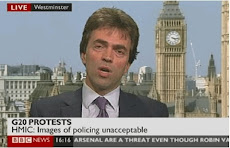
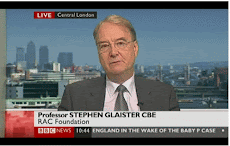

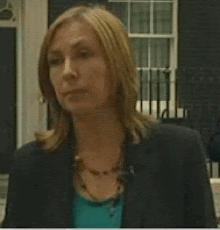

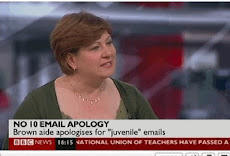
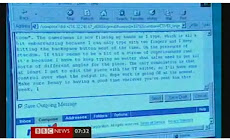
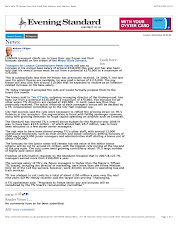
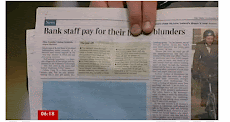
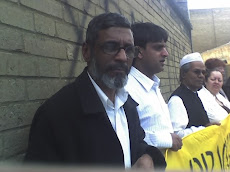

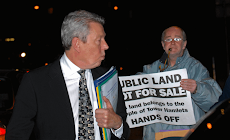

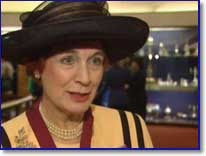







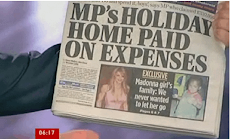
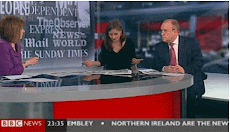

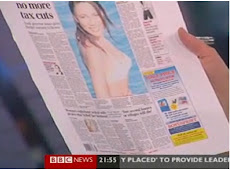
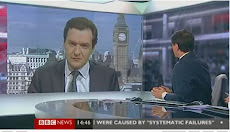
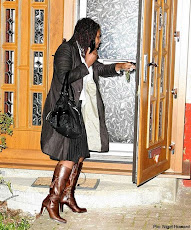


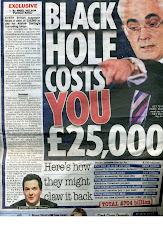

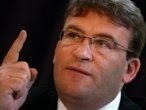

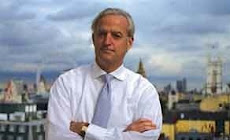
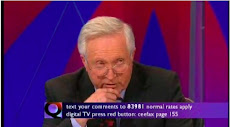

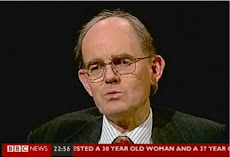

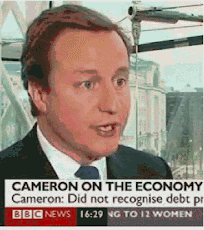
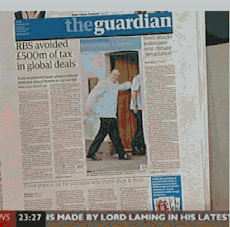


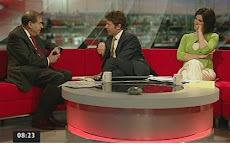

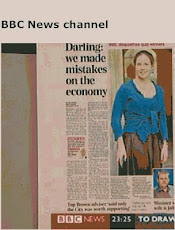
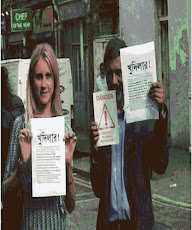
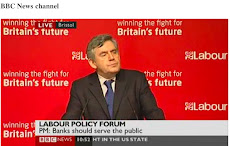



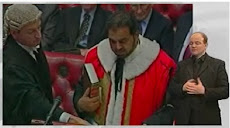

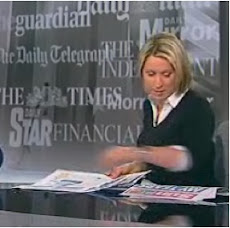

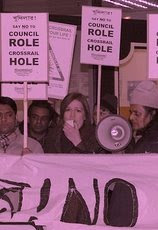
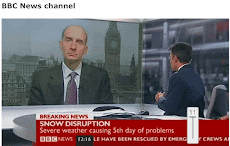
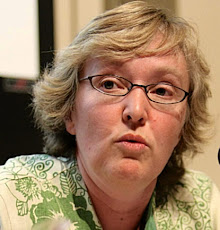
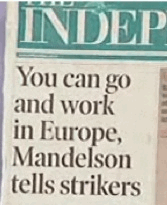
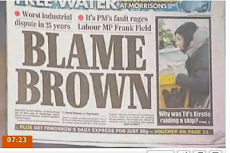



![JOIN KHOODEELAAR! Say NO to Crossrail. [click image below to] TWITTER!](https://blogger.googleusercontent.com/img/b/R29vZ2xl/AVvXsEg0BMAXxqm9e9hs7NWzABi1ZgE6k8z3EnYTyT4PhEPN-LwHWwsMTFCws4ibYaiUj1zRawBAU8oAIB9NHhcn98hEx2e6udF2b48j9UOjELRzoNDGa2BDR7e3iBK0K4ieWkBuZA6YyOgHLU4/s230/khoodeelaarnotocrossrailhole.jpeg)


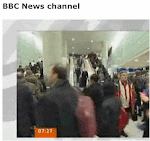
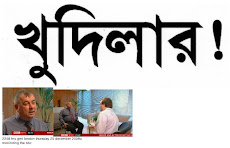
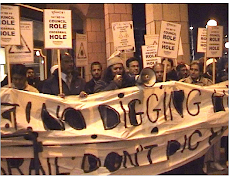
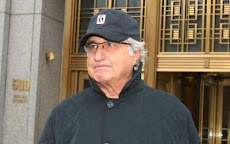


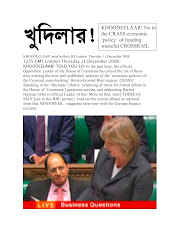

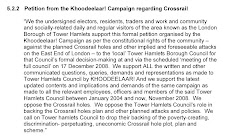

![“Dave” [!!!!] looks decidedly LESS of a Ca-Moron in THIS Times online version of the photograph..](https://blogger.googleusercontent.com/img/b/R29vZ2xl/AVvXsEiaPEWO9Ck-ZUE6NG8hlstePHRfUK8_mst1wBd6ikYiesIlSwBRhPm270y83eRdfQhu_eRnL97O_DA981-Z-h59GnkTdCB_GpM5T0dq-i0EisNdw04vnz4MooXSJBWCBS8NYmg3_3OXFqg/s230/Times.online.picture.makes.Dave.look.less.of.a.moron.jpg)
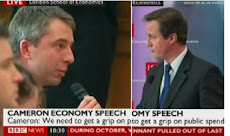








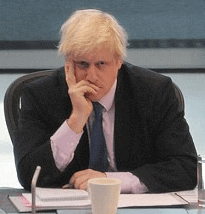



![Is Michael Martin [seen left in picture] on his way out at last?](https://blogger.googleusercontent.com/img/b/R29vZ2xl/AVvXsEh9EQJaW8oDCvLPm9fX-DaTCgp8CygIqPQSixf_CHugLh5s99XTWyocVQSo0MvFX5oTZHBTsdQsBwPUCPQOXElGHO2IVjl6sIqMo36o47wEtRw_zbsR3crgBuhCPNQN2LJGdLUh9n2E7bg/s230/michael-martin-estandard.gif)






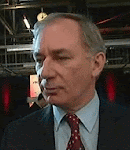

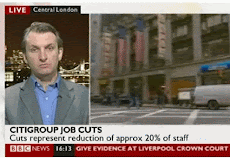
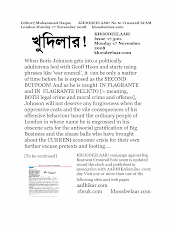








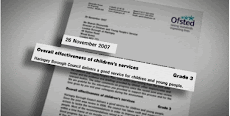


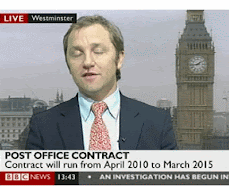

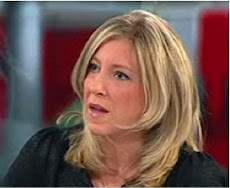


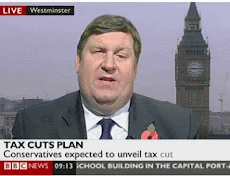
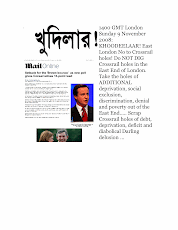



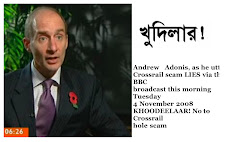
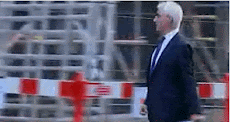

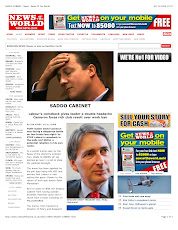
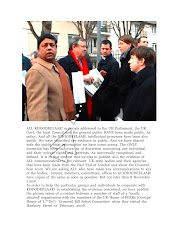
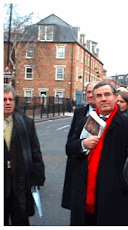
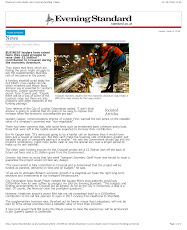
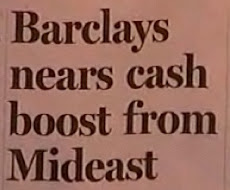


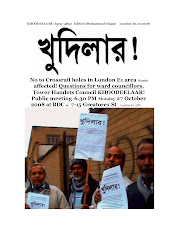
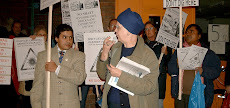
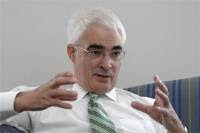


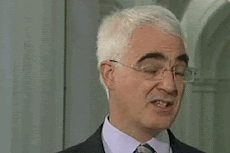
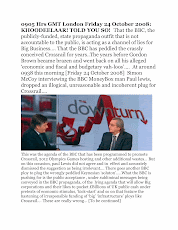

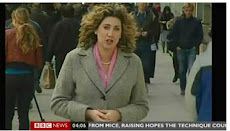


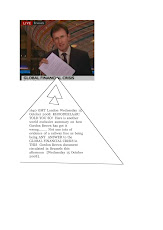


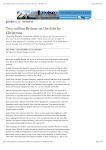
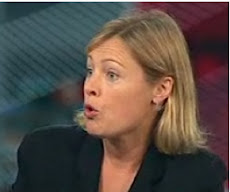
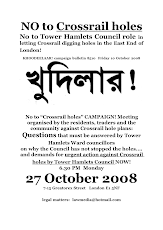
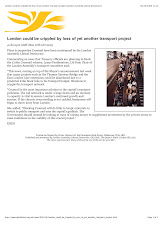

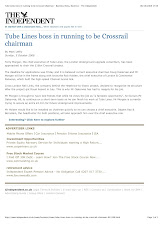



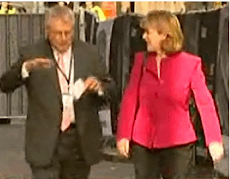









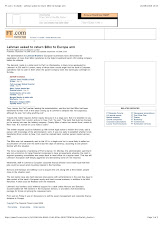






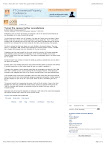

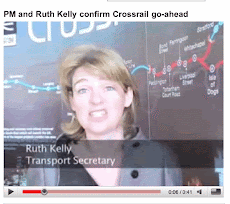
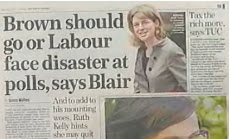

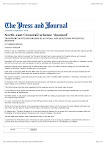





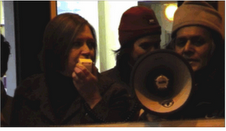



















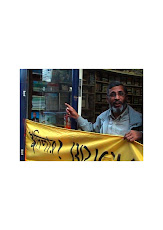
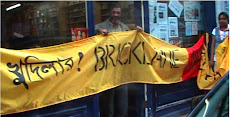
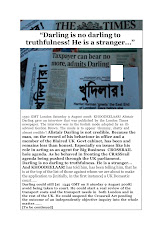
![KHOODEELAAR! constitutional law action against "CROSSRAIL hole' -EVIDENCE, update [8]](https://blogger.googleusercontent.com/img/b/R29vZ2xl/AVvXsEiYuHjTwCreqM1EuCt6Eb5IOtSYqvy6T60rKTHgC-FKZqrXBe-xhvc_9Gl5w8PXruF5CBEnG-QjLikJyF61n-I8ErUzVkKxzAQcF2h0m1lLJUNVwCg6iQdte08I0azTE_V1fU2Px0wK1LI/s230/Ethnicity.linked.multiple.CRASSness.for.Crossrail.gif)

![First EVER picture of KHOODEELAAR! campaigners meeting Crossrail hole-company CLRL staff. [1]](http://1.bp.blogspot.com/_pSmwp9aFK8U/SJsLfgDZf6I/AAAAAAAACXg/QpFKTwv4w2I/S230/KHOODEELAAR!+campaigners+met+Crossrail+staff.jpg)
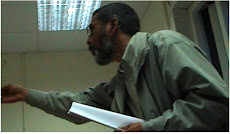



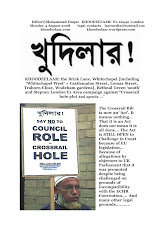
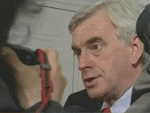

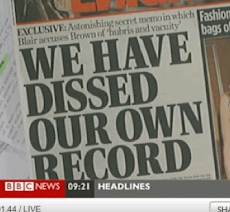
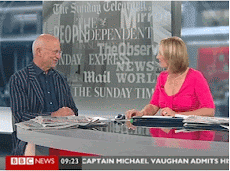
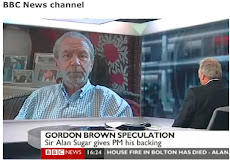


![KHOODEELAAR! 16440 print edition [Page 2] Friday 1 Aug 2008](http://bp0.blogger.com/_pSmwp9aFK8U/SJLQiAJUEDI/AAAAAAAACRM/ZOfHcPiHV6o/S230/KHOODEELAAR!print16440Fri1Aug2008p2.gif)
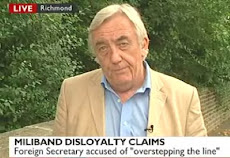
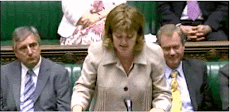


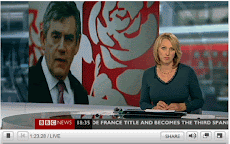


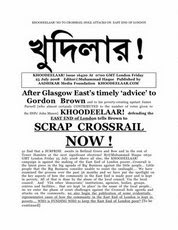

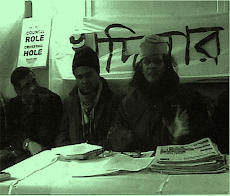
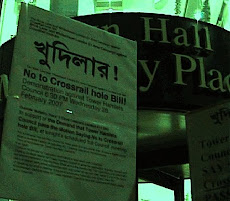

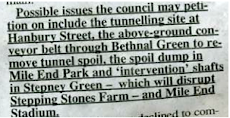
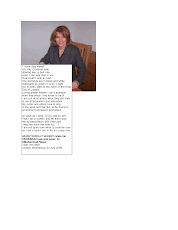





![The [Glasgow] HERALD Saturday 19 July 2008](https://blogger.googleusercontent.com/img/b/R29vZ2xl/AVvXsEjWVr5bEfeXq4TVFDNVkFAm0bnCQQ4dabcnxe-hOPvd5vtlrrCWg5ZqOKH7gnkUmxlb2Tyyb-qXaHGY1lBZv-L8zvVfNpCq6KHclGlQTQyzLeWTog2XBm3evm0N5Jt3AUniCtDUiN9dYg4/s230/15046744.jpg)

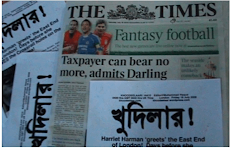


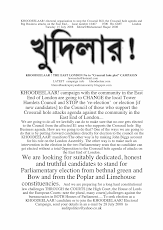
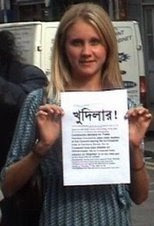



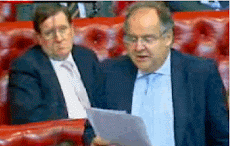
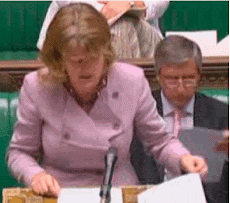
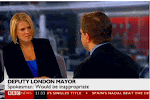



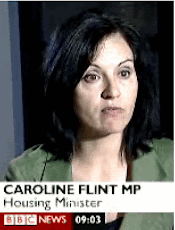













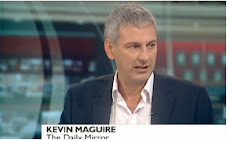

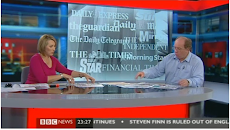

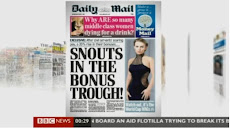
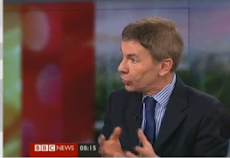



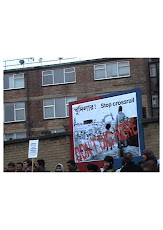
!["Abandon Crossrail project £16 billion" SUNDAY PEOPLE [March 2009]](http://3.bp.blogspot.com/_pSmwp9aFK8U/S_Avs0XxlfI/AAAAAAAAEd8/mDbXCiiYYK4/S230/Scrap+Crossrail++to+avoid++extra+DEBT+burden+on+every+UK+household,+says+SUNDAY+PEOPLE.jpeg)
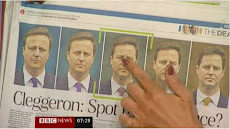



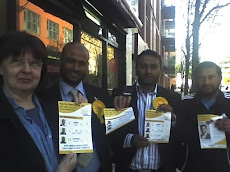

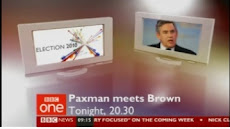
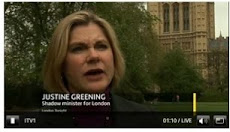
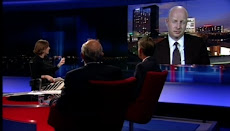
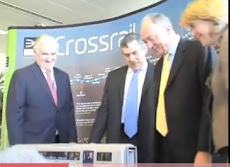
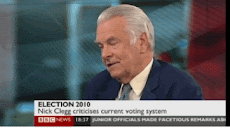
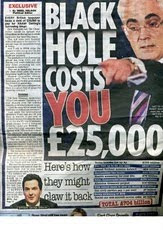

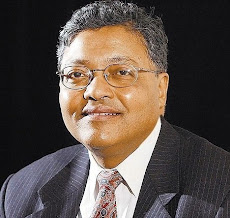
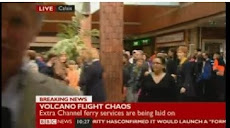

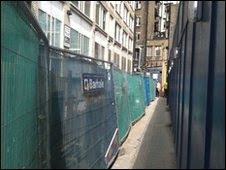
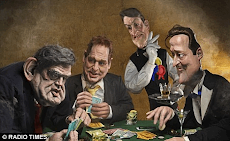

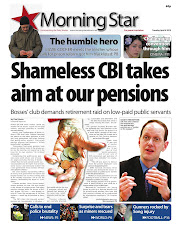

![Haringey [London] Council scandal, court action revives questions about Christine Gilbert again!](http://1.bp.blogspot.com/_pSmwp9aFK8U/S7ZXO54lv0I/AAAAAAAAEZA/cI5uX0bWtEg/S230/Christine+Gilbert-1.jpeg)
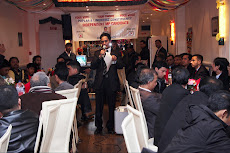
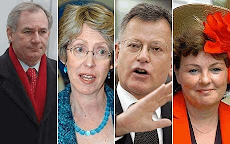
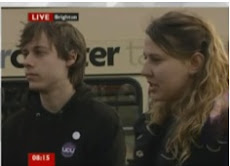


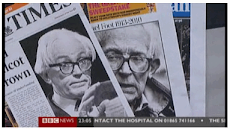

![BBC is still publishing fakery. This item [click here] the latest](http://1.bp.blogspot.com/_pSmwp9aFK8U/S3hpr8nLzQI/AAAAAAAAEXg/P33HrYrvz7k/S230/AADHIKARonline+reporting+the+BBC+wheeling+out+Meghnad+Desai+to+pose+on+as+an+expert+on+economics..+Sunday+14February2010.jpg)
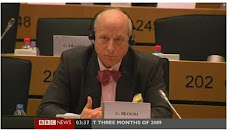

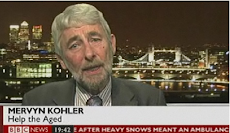

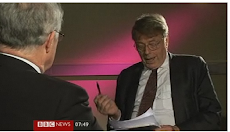



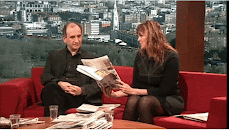
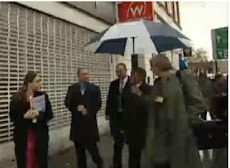
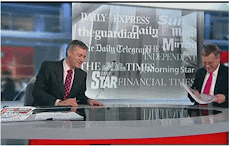
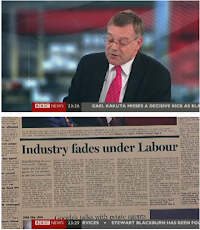

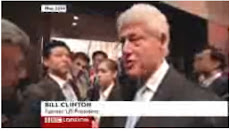
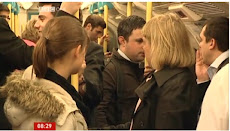

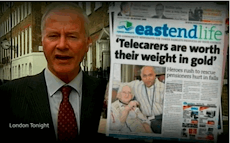

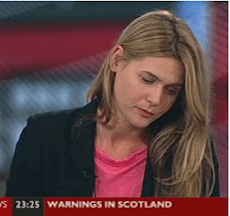

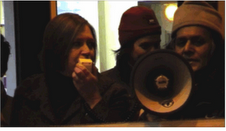


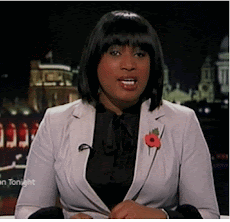
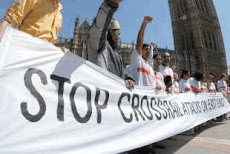




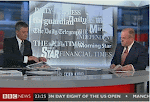

Comments
http://www.itemtolive.com
Air jordan(1-24)shoes $33
Handbags(Coach l v f e n d i d&g) $35
Tshirts (Polo ,ed hardy,lacoste) $16
Jean(True Religion,ed hardy,coogi) $30
Sunglasses(Oakey,coach,gucci,A r m a i n i) $16
New era cap $15
Bikini (Ed hardy,polo) $25
FREE sHIPPING
====== http://www.itemtolive.com ====
As with most things passaged through a stooged HOUSE OF COMMONS, during the Blaired years, the measure approving of so much powers being given to the occupant in the post of mayor in the name of the people of London has been a major contributory factor to the lack of accountability by transport for London. It is time that this really disastrous outfit were scrutinised. And fast. If it is held to account then £billions of public money will be saved and a significant quality difference – too long overdue - will at last begin to appear in the standard of transport 'service' in London. It is widely agreed that ppp is a disaster. But ppp is not all the transport problems in London, not even over the underground issues. Let us have all the facts on all aspects of the mess that is London transport. How about starting that scrutiny and accountability process by looking at the real conduct of transport for London?